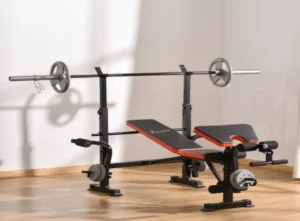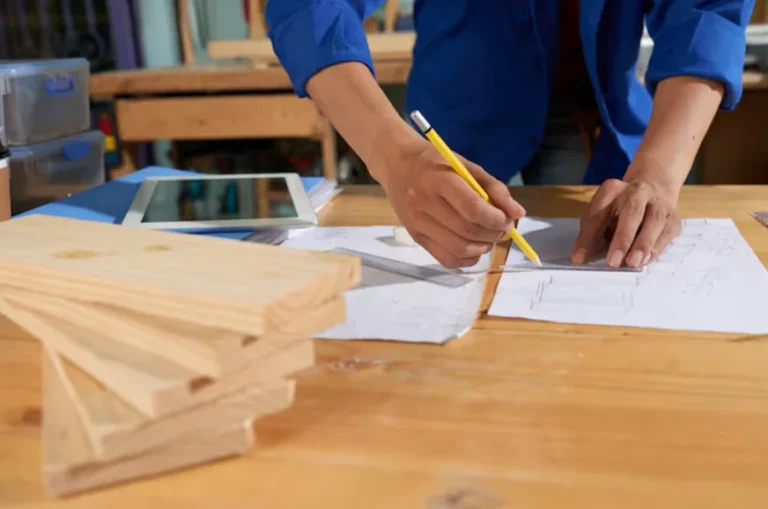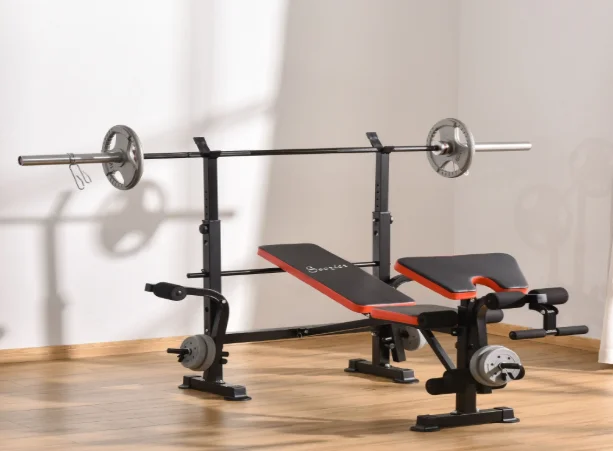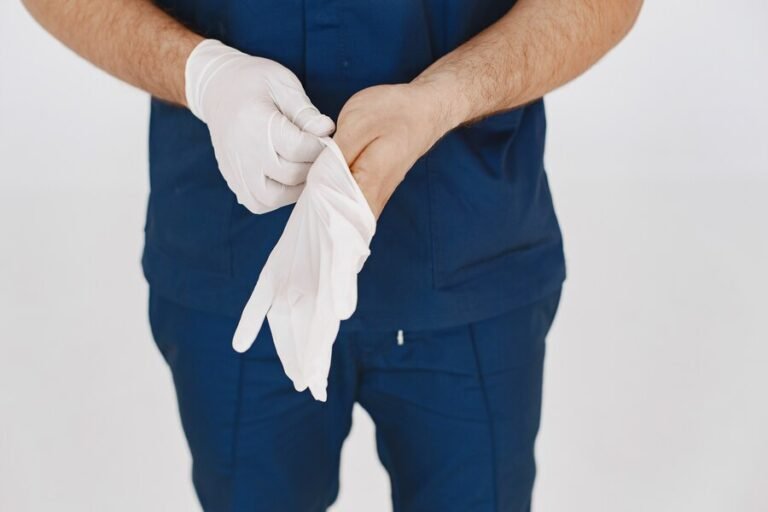Stepping into homeownership can be a thrilling journey filled with new experiences and responsibilities. Whether you’re a first-time buyer or moving into a new property, questions and challenges will always arise. From maintenance queries to health concerns, we’ve compiled a list of ten frequently asked questions by new homeowners and provided comprehensive answers to help you settle in comfortably. Let’s dive in.

How Often Should I Change My Air Filters?
You should change your air filters every 1-3 months. This frequency ensures that your HVAC system runs efficiently, improving indoor air quality and reducing energy costs. However, factors such as pets, allergies, or living in an area with high pollution can necessitate more frequent changes. Regular maintenance can also extend the lifespan of your HVAC system.
What Are the Best Natural Mosquito Repellents for My Yard?
Natural mosquito repellents like citronella, eucalyptus, lavender, and peppermint oils are highly effective. Planting herbs such as basil, rosemary, and marigold can also help deter mosquitoes naturally. Additionally, eliminate standing water around your property, as it serves as a breeding ground for these pests. Combining these natural methods can create a safer, more pleasant outdoor environment without relying on chemical repellents.
How Do I Properly Maintain My Lawn?
A lush, green lawn enhances your home’s curb appeal and provides a great space for outdoor activities. Proper lawn maintenance involves regular mowing, watering, and fertilizing. Mow your lawn once a week during the growing season, ensuring your mower blades are sharp for a clean cut. Water deeply and infrequently, typically once a week, to encourage deep root growth. Fertilize in the spring and fall with a high-quality, slow-release fertilizer to provide essential nutrients for your grass. Regular aeration and dethatching can also improve lawn health.
What Should I Do If I Suspect Mold in My Home?
If you suspect mold, first inspect areas prone to moisture, such as basements, bathrooms, and kitchens. Look for visible signs like discoloration or a musty odor. If mold is found, clean small areas with a mixture of water and detergent or a commercial mold remover. For larger infestations, it’s best to hire a professional mold remediation service. Prevent future mold growth by controlling humidity levels, fixing leaks promptly, and ensuring proper ventilation.
How Can I Improve My Home’s Energy Efficiency?
Improving energy efficiency in your new home reduces utility bills and minimizes your environmental footprint. Start by sealing any leaks around windows and doors with weatherstripping or caulk. Upgrade to energy-efficient appliances and LED lighting. Consider installing a programmable thermostat to optimize heating and cooling. Adding insulation to your attic and walls can also significantly improve your home’s energy efficiency.
What Should I Include in My Home Emergency Kit?
Your kit should include essential items such as water (one gallon per person per day for at least three days), non-perishable food, a flashlight, batteries, a first-aid kit, and necessary medications. Additionally, it includes important documents, cash, and a multi-tool. Tailor your kit to your family’s specific needs, including items for pets, infants, or elderly family members.
How Do I Prevent Pest Infestations?
Keep your home clean and free of food debris that might attract pests. Seal cracks and gaps around doors, windows, and foundations to prevent entry. Store food in airtight containers, and dispose of garbage regularly. Regularly inspect your home for signs of pests and address any issues promptly. If you encounter a significant infestation, consider hiring a professional.
Is My Home Making Me Sick?
Maintaining a clean and well-ventilated environment is crucial to avoiding your home making you sick. Regular cleaning helps eliminate dust, mold, and allergens that can trigger respiratory issues and allergies. Ensure that your home has adequate ventilation to reduce the buildup of indoor pollutants, which can come from cooking, cleaning products, and building materials.
Air purifiers and dehumidifiers can help improve air quality, reduce humidity levels, and deter mold growth. To prevent mold and mildew, it’s also important to promptly check for and fix any water leaks. Additionally, choose non-toxic, eco-friendly cleaning products and materials.
Bonus Tip!
Many questions about health and managing it at home circulate daily! One such question involves Streptococcus bacteria. Will strep throat go away on its own? Unfortunately not. Strep throat requires medical treatment with antibiotics. While mild cases might improve independently, untreated strep can lead to rheumatic fever or kidney inflammation.
How Do I Maintain My Home’s Plumbing System?
Proper plumbing maintenance is essential to avoid costly repairs and water damage.
- Regularly check for leaks under sinks and around appliances.
- Insulate exposed pipes to prevent freezing in winter.
- Avoid pouring grease or harsh chemicals down your drains.
- Install strainers in sinks and showers to catch hair and debris.
- Periodically flush your water heater to remove sediment buildup.
Bonus Tip
Knowing the location of your main water shutoff valve can also help you respond quickly to a plumbing emergency.
What Are the Best Practices for Home Security?
Install quality locks on all doors and windows, and consider installing a security system with cameras and alarms. Use outdoor lighting to illuminate entry points and deter potential intruders. Trim bushes and trees near windows and doors to eliminate hiding spots. Get to know your neighbors and participate in community watch programs. Additionally, reinforce doors with deadbolts and security bars for added protection.
Conclusion
By addressing these ten frequently asked questions, we’ve aimed to provide you with the knowledge and confidence to tackle common challenges and make the most of your new space. From ensuring your home’s safety and energy efficiency to maintaining a healthy living environment, these tips will help you easily navigate the journey of homeownership. Embrace the adventure and enjoy the many benefits of owning your own home!
disclaimer, “This is a Sponsored Post”
















+ There are no comments
Add yours